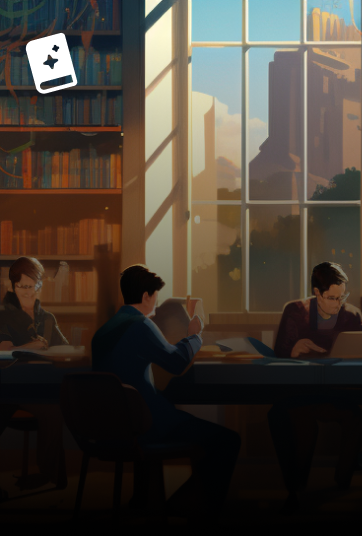
Mere Reality

Mere Reality
Mere Reality
Ratings1
Average rating4
Some highlights from this book:
205 If You Demand Magic, Magic Won't Help
Presumably most readers of these novels see themselves in the protagonist's shoes, fantasizing about their own acquisition of sorcery. Wishing for magic. And, barring improbable demographics, most readers of these novels are not scientists. Born into a world of science, they did not become scientists. What makes them think that, in a world of magic, they would act any differently?
181 Universal Fire
Matches catch fire because of phosphorus. Phosphorus is highly reactive; pure phosphorus glows in the dark and may spontaneously combust. Phosphorus is thus also well-suited to its role in adenosine triphosphate, ATP, your body's chief method of storing chemical energy. ATP is sometimes called the “molecular currency.” It invigorates your muscles and charges up your neurons. Almost every metabolic reaction in biology relies on ATP, and therefore on the chemical properties of phosphorus. If a match stops working, so do you. You can't change just one thing.
202 Joy in the Merely Real
If we cannot take joy in things that are merely real, our lives will always be empty.
201 Savannah Poets
What men are poets who can speak of Jupiter if he were like a man, but if he is an immense spinning sphere of methane and ammonia must be silent? That's a real question, what kind of poet can write about Jupiter the god, but not Jupiter the immense sphere?
——
189 Dissolving the Question
Many philosophers share a dangerous instinct: If you give them a question, they try to answer it. Like, say, “Do we have free will?” The dangerous instinct of philosophy is to marshal the arguments in favor, and marshal the arguments against, and weigh them up, and publish them in a prestigious journal of philosophy, and so finally conclude: “Yes, we must have free will,” or “No, we cannot possibly have free will.”
191 Righting a Wrong Question
When you are faced with an unanswerable question—a question to which it seems impossible to even imagine an answer—there is a simple trick that can turn the question solvable. Compare: “Why do I have free will?” “Why do I think I have free will?” The nice thing about the second question is that it is guaranteed to have a real answer, whether or not there is any such thing as free will.
236 Privileging the Hypothesis
In large answer spaces, attention without evidence is more than halfway to belief without evidence.
——–
207 The Beauty of Settled Science
And thinking you can jump right into the frontier, when you haven't learned the settled science, is like trying to climb only the top half of Mount Everest (which is the only part that interests you) by standing at the base of the mountain, bending your knees, and jumping really hard (so you can pass over the boring parts).
209 Is Humanism a Religion Substitute?
When someone sets out to write an atheistic hymn—“Hail, oh unintelligent universe,” blah, blah, blah—the result will, without exception, suck. Why? Because they're being imitative. Because they have no motivation for writing the hymn except a vague feeling that since churches have hymns, they ought to have one too. And, on a purely artistic level, that puts them far beneath genuine religious art that is not an imitation of anything, but an original expression of emotion.
229 Quantum Explanations
Talking to aspiring young physicists about “wave/particle duality” is like starting chemistry students on the Four Elements.
249 No Safe Defense, Not Even Science
Of the people I know who are reaching upward as rationalists, who volunteer information about their childhoods, there is a surprising tendency to hear things like, “My family joined a cult and I had to break out,” or, “One of my parents was clinically insane and I had to learn to filter out reality from their madness.” My own experience with growing up in an Orthodox Jewish family seems tame by comparison but it accomplished the same outcome: It broke my core emotional trust in the sanity of the people around me.
221 Zombies! Zombies?
Native Chinese speakers can remember longer digit sequences than English-speakers. Chinese digits are all single syllables, and so Chinese speakers can remember around ten digits, versus the famous “seven plus or minus two” for English speakers.
225 Belief in the Implied Invisible
Lex parsimoniae: Entia non sunt multiplicanda praeter necessitatem. That was Occam's original formulation, the law of parsimony: Entities should not be multiplied beyond necessity.
Interlude: An Intuitive Explanation of Bayes's Theorem
Karl Popper's falsificationism—this is the old philosophy that the Bayesian revolution is currently dethroning. Karl Popper's idea that theories can be definitely falsified, but never definitely confirmed, is yet another special case of the Bayesian rules.